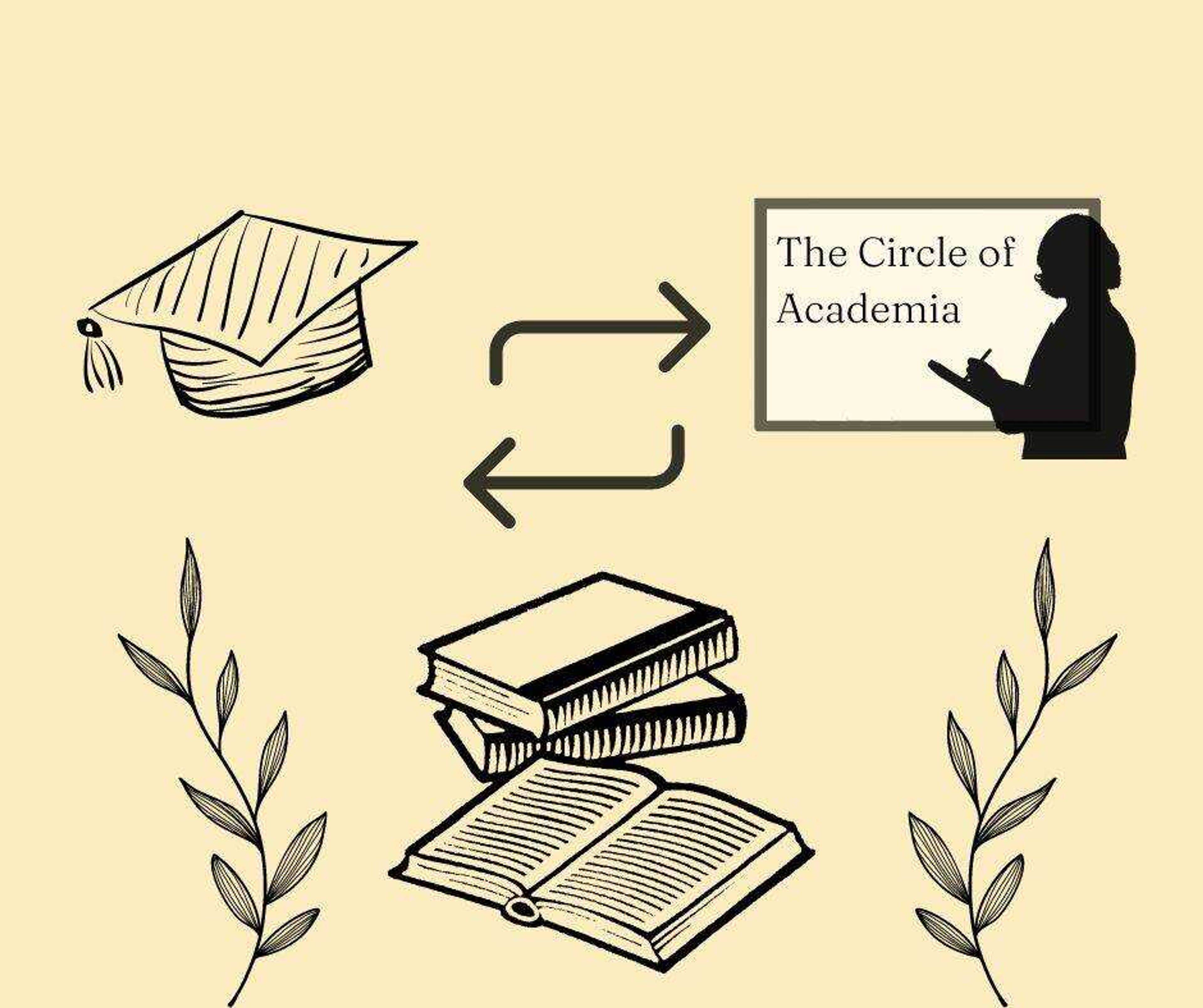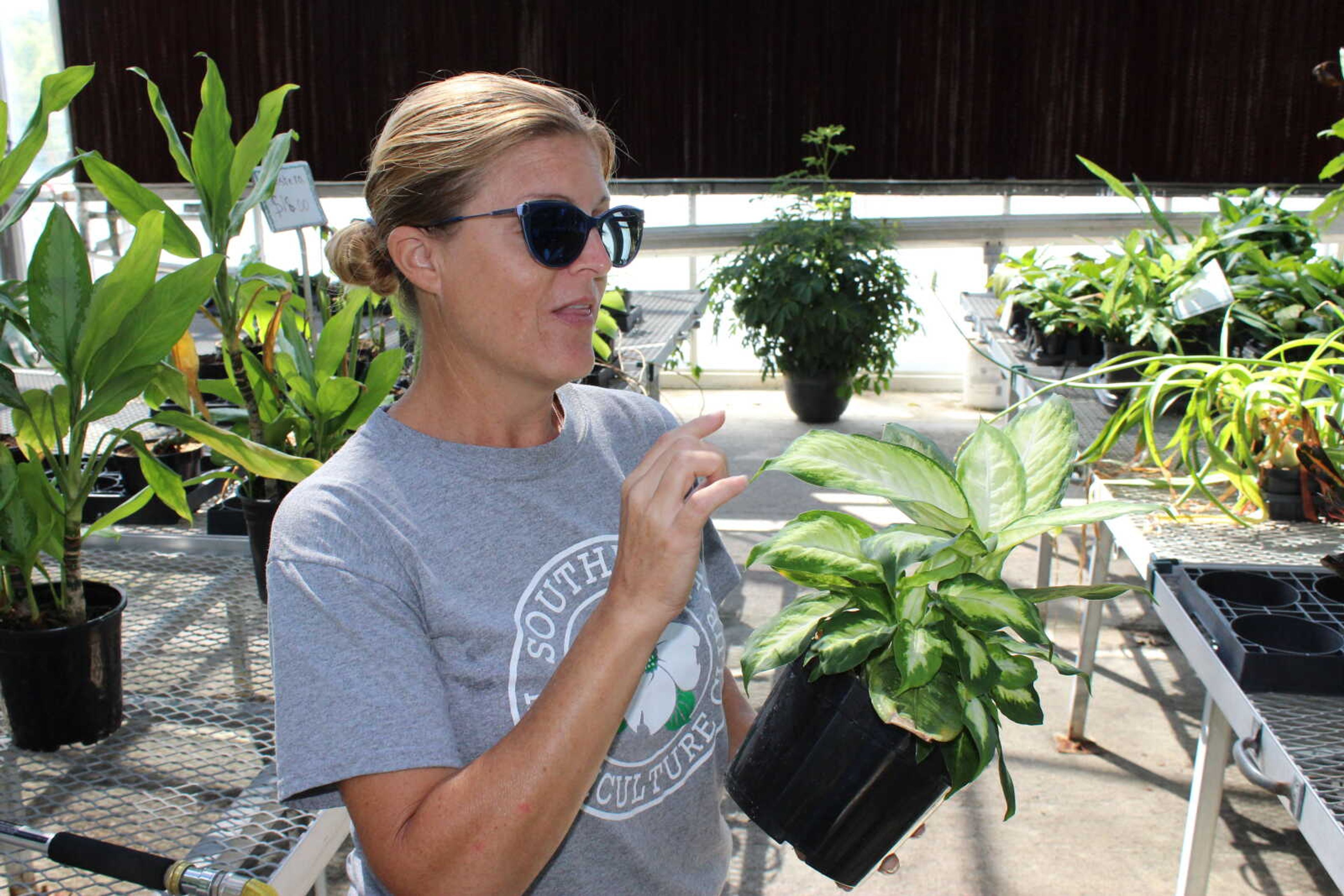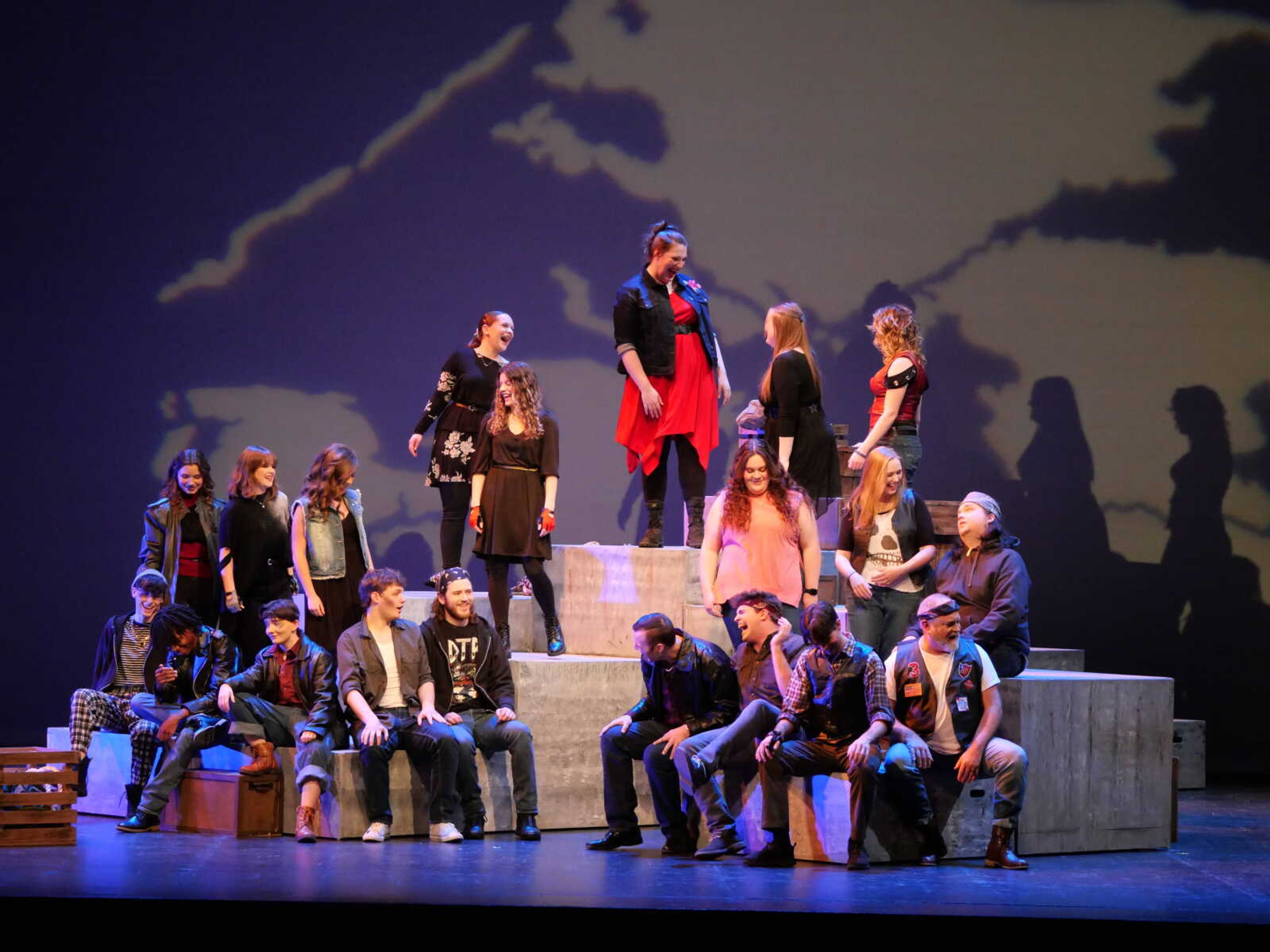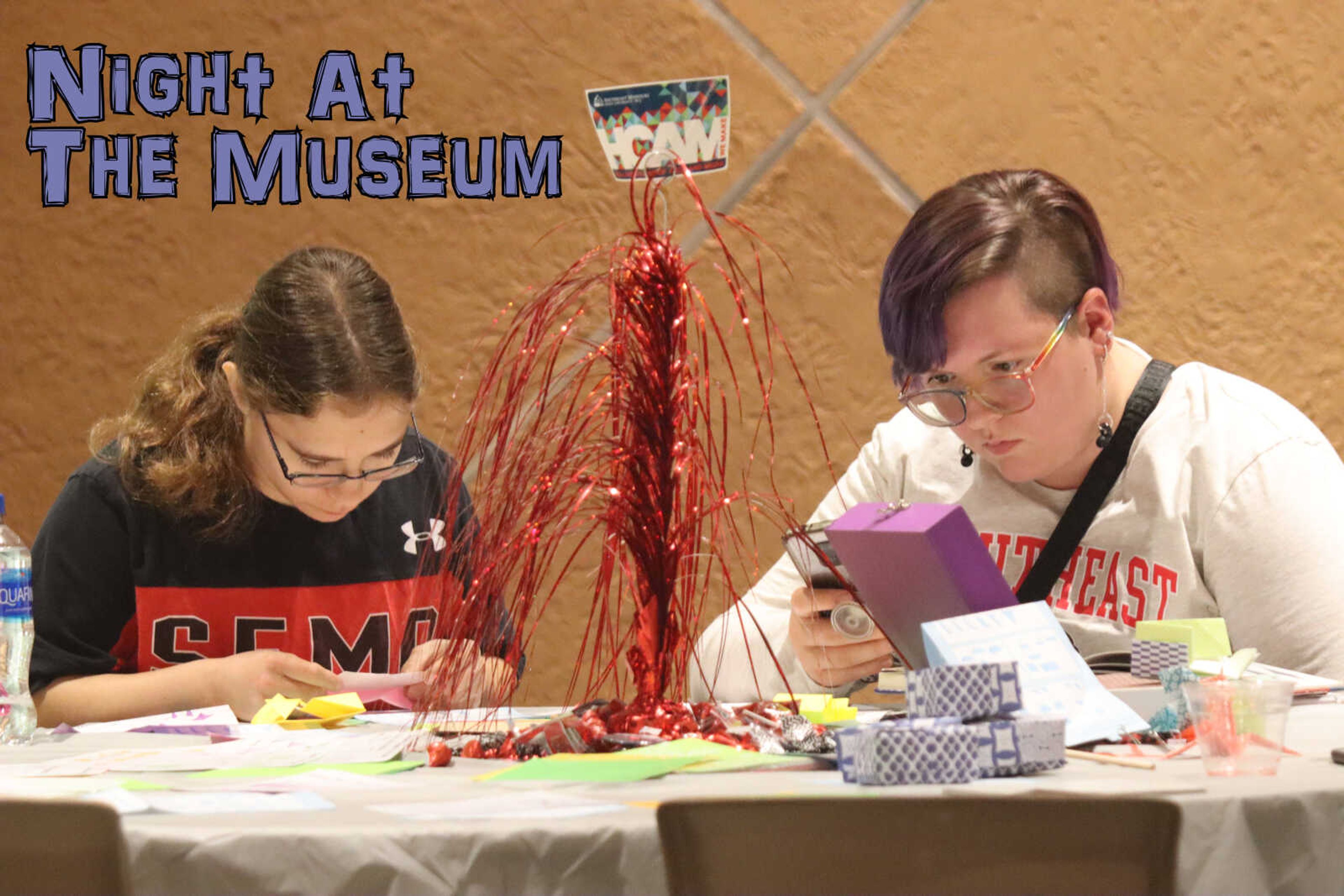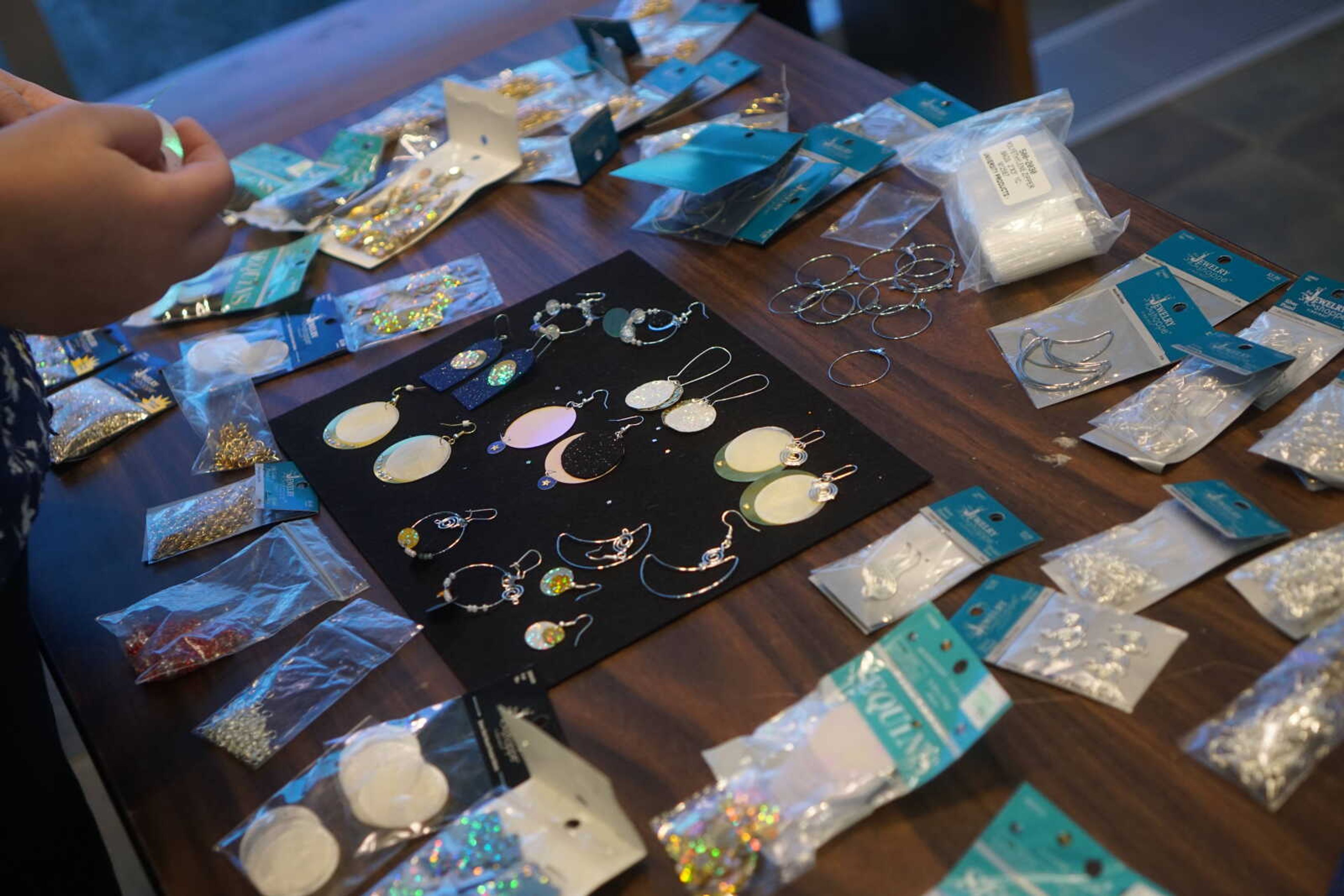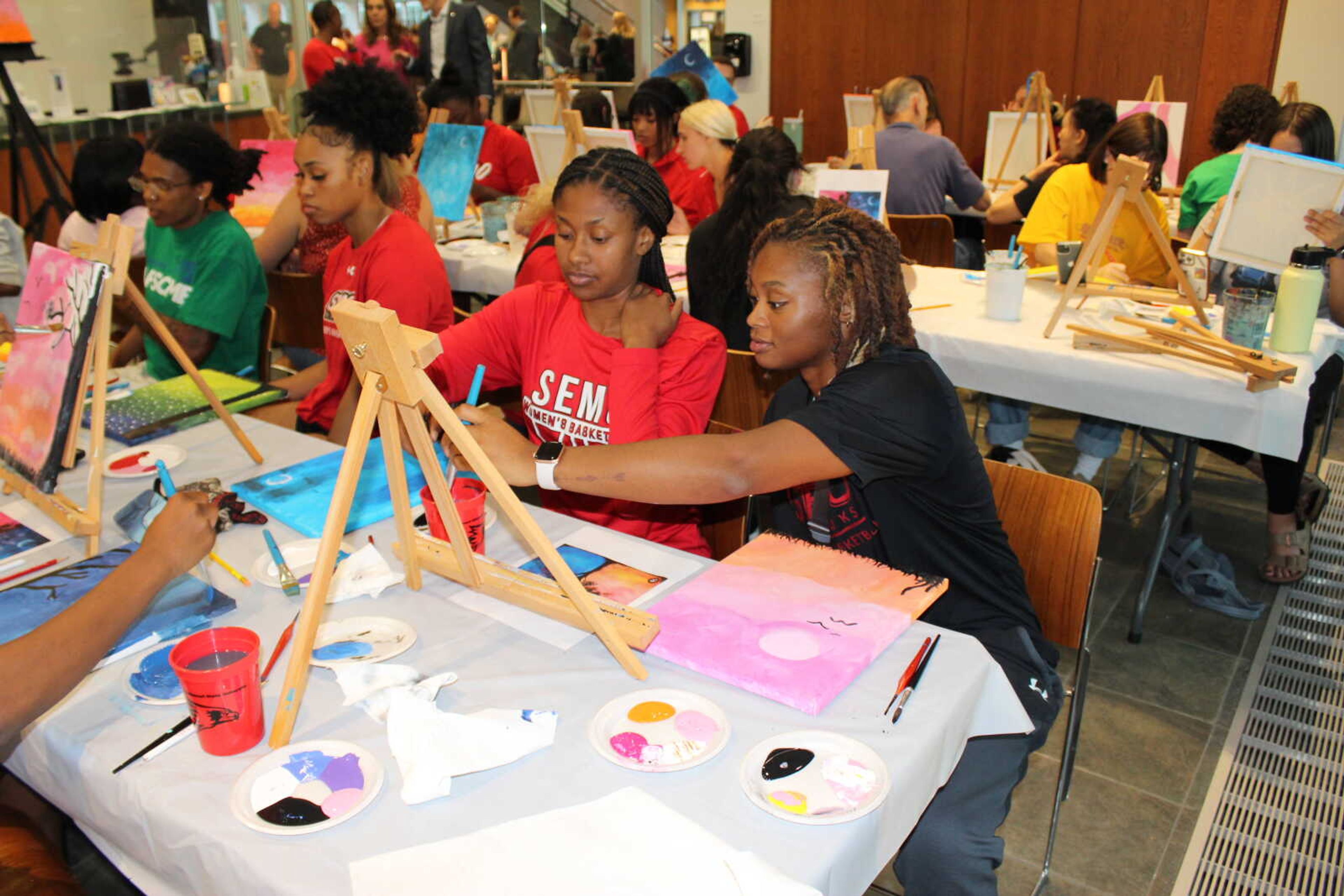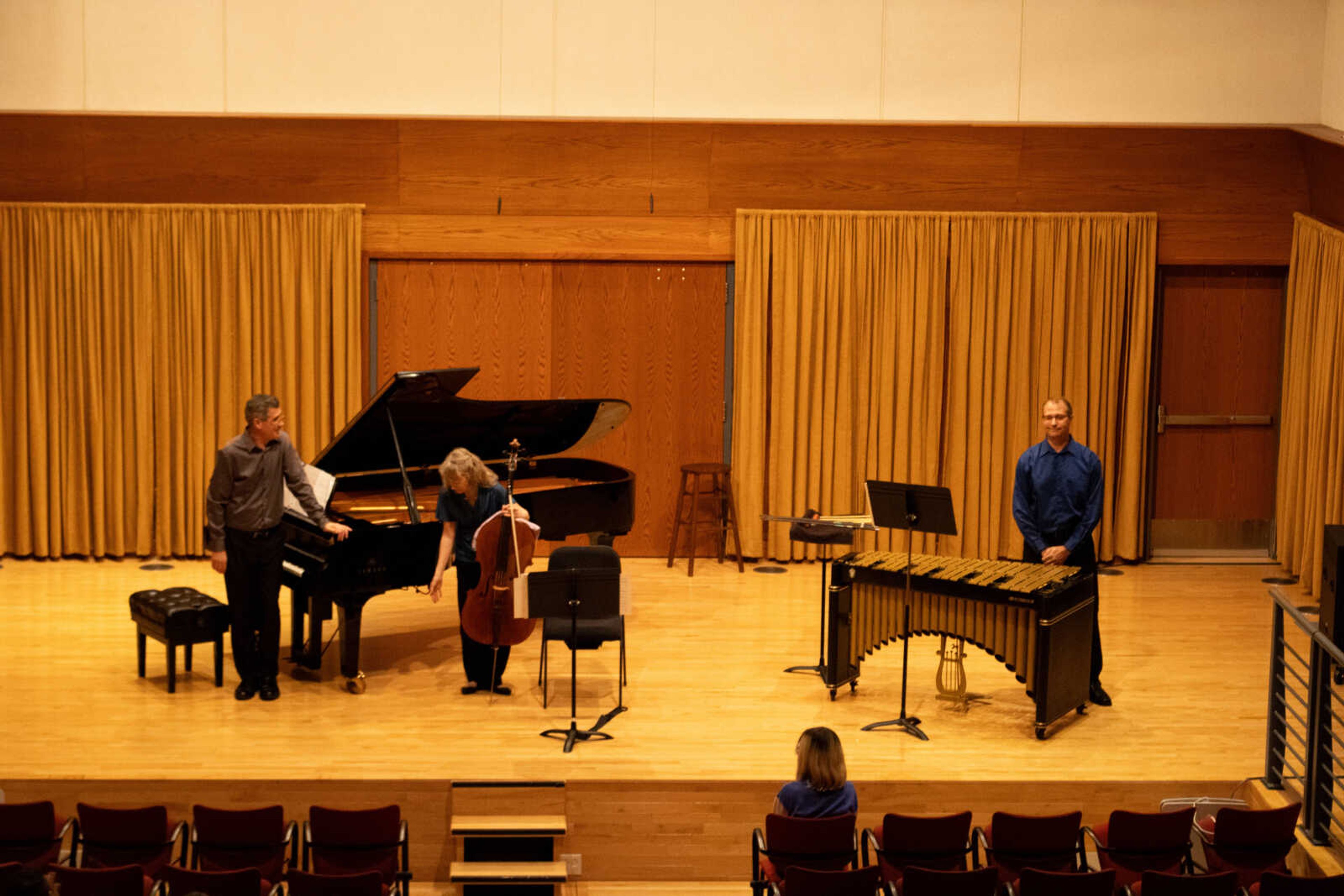How do professors keep up-to-date with their academic development? Some professors like Department of Agriculture professors Michael Aide and Indi Braden stay up-to-date in their field of study through research and reading over other professionals’ research.
Aide and Braden recently co-edited a book called “Soil Science — Emerging Technologies, Global Perspectives and Applications.”
According to IntechOpen’s website, “‘Soil Science — Emerging Technologies, Global Perspectives and Applications’ describes recent research that illustrates the universal importance of understanding soil and soil’s relationship to environmental stewardship and food security.”
“Soil Science” is the first book Aide and Braden have co-edited together; they also authored a chapter in the book “An Emerging Global Understanding of Arsenic in Rice (Oryza sativa) and Agronomic Practices Supportive of Reducing Arsenic Accumulation.” Aide said he’s been working on research on arsenic in rice because of rice’s prevalence in Missouri.
“By changing irrigation, we have figured out that we could eliminate the arsenic uptake patterns in rice, and arsenic is the world's leading cause of bladder cancer,” Aide said. “It’s a global problem.”
When working on the chapter together, Braden and Aide filled different roles in the research.
“[Aide] is the chemist; he is the soil scientist with the interest in some of the rare earth elements or rare earth metals,” Braden said. “My component is more the applied aspect of the agronomy side of things.”
Braden said her part of the research came in how to irrigate the rice fields for “efficient water quality.” She said she finds the research fun, especially with having a teammate who compliments her skillset.
“I think research is a lot of fun. But I hate the process of writing it right in the final manuscript. That's where finding somebody who really is good at that [comes in]; Dr. Aide is really good at that,” Braden said. “I'm good at parts that he may not be and vice versa, that we really support one another that way.”
Aide said he thinks Southeast’s faculty should do research.
“One, it can be a form of teaching … if you involve your students. Two, there's a certain intellectual joy with practicing your craft. And three, you may do something that benefits the outreach to your region,” Aide said.
While research may be important or fun for professors, for some, it is a requirement. Provost Mike Godard said there are “professional growth requirements” for tenure-track professors, but not for regular non-tenure track professors.
Godard said regular, non-tenure professors don’t have to display professional growth, but they can if they want to. He said for tenure track, they are evaluated on service, professional growth and “teaching effectiveness on their scholarship,” but professional growth can look different for everyone.
“[Professional growth] that can be published, you know, doing research and publishing peer-reviewed papers, presenting at national, international, regional conferences, their scholarship that they're engaged in,” Godard said. “On the visual and performing arts side, that might be participating in juried shows or exhibits, or presenting their work at a music festival or a theater festival or a dance.”
